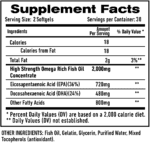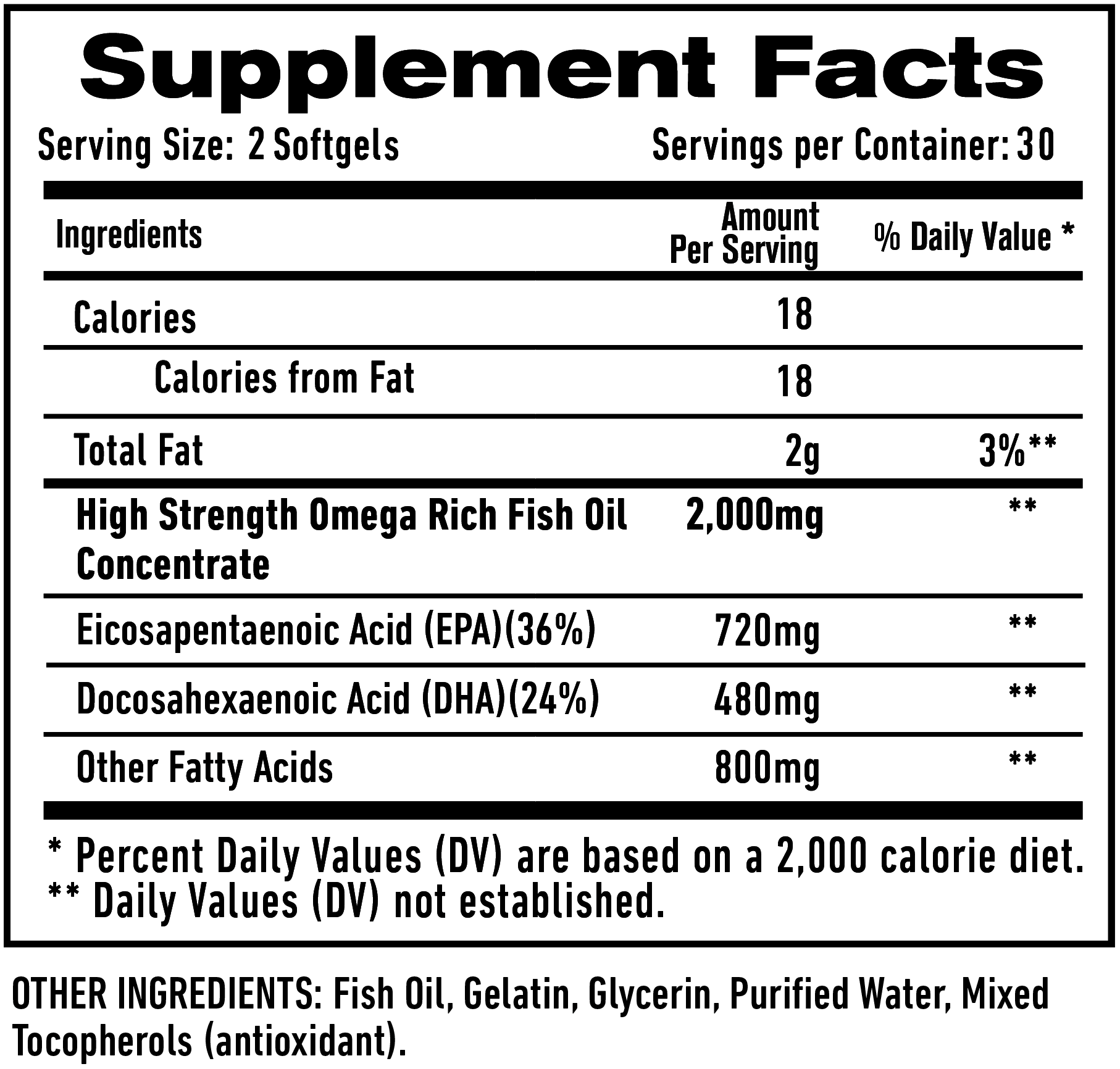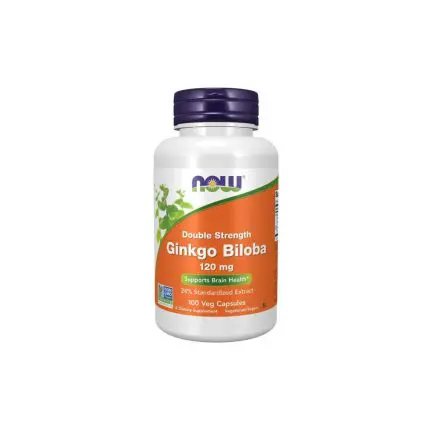

OMEGA 3 – 1UP
$18.00
Omega-3 fatty acids are a collection of essential polyunsaturated fats that must be obtained from diet as our bodies cannot synthesize them — hence the name, essential.
Out of stock
OMEGA 3 – 1UP
OMEGA 3 – 1UP fatty acids are essential fats that our bodies need but cannot produce on their own. These healthy fats play a crucial role in maintaining heart health, brain function, and overall well-being. Omega-3s are found in certain foods, such as fatty fish, flaxseeds, and walnuts. They are also available as dietary supplements, often in the form of fish oil or algae oil.
Health Benefits of Omega-3
1. Supports Heart Health
Omega-3 fatty acids are well-known for their positive effects on heart health. Studies show that they can help lower triglyceride levels, reduce blood pressure, and decrease the risk of heart disease. Omega-3s also promote healthy blood flow and may reduce the formation of blood clots, lowering the risk of strokes and heart attacks.
2. Improves Brain Function
Omega-3s are crucial for brain health. They make up a significant portion of the brain’s structure and support cognitive function. Research suggests that omega-3s can improve memory, focus, and mood. Regular consumption may also help protect against age-related cognitive decline and neurodegenerative diseases, such as Alzheimer’s.
3. Reduces Inflammation
Chronic inflammation is linked to many health issues, including arthritis, heart disease, and diabetes. Omega-3 fatty acids have strong anti-inflammatory properties. By incorporating omega-3s into your diet, you can help reduce inflammation in the body, which may improve joint health, reduce pain, and lower the risk of chronic diseases.
4. Supports Eye Health
Omega-3 fatty acids, particularly DHA (docosahexaenoic acid), are essential for maintaining eye health. DHA makes up a large part of the retina, and a deficiency in omega-3s can lead to vision problems. Studies suggest that omega-3s may help prevent age-related macular degeneration (AMD) and dry eye syndrome.
How to Get Omega-3s
The best source of omega-3 fatty acids is fatty fish, such as salmon, mackerel, and sardines. Other plant-based sources include flaxseeds, chia seeds, and walnuts. If you don’t eat these foods regularly, omega-3 supplements, such as fish oil or algae oil, can help you meet your daily needs. The American Heart Association recommends at least two servings of fatty fish per week.
Precautions and Side Effects
Omega-3 supplements are generally safe for most people when taken as directed. However, high doses can cause side effects, such as stomach upset, diarrhea, or a fishy aftertaste. They may also increase the risk of bleeding, especially for people taking blood-thinning medications. Always consult a healthcare provider before starting omega-3 supplements, particularly if you are on medication or have a health condition.
Conclusion
Omega-3 fatty acids are vital for maintaining heart health, brain function, and overall well-being. Whether obtained through food or supplements, omega-3s offer a wide range of health benefits, including reducing inflammation and supporting eye health. By incorporating omega-3-rich foods into your diet or taking supplements, you can help protect your health and improve your quality of life. As always, consult your doctor if you have any concerns about adding omega-3s to your routine.


MAECENAS IACULIS
Vestibulum curae torquent diam diam commodo parturient penatibus nunc dui adipiscing convallis bulum parturient suspendisse parturient a.Parturient in parturient scelerisque nibh lectus quam a natoque adipiscing a vestibulum hendrerit et pharetra fames nunc natoque dui.
ADIPISCING CONVALLIS BULUM
- Vestibulum penatibus nunc dui adipiscing convallis bulum parturient suspendisse.
- Abitur parturient praesent lectus quam a natoque adipiscing a vestibulum hendre.
- Diam parturient dictumst parturient scelerisque nibh lectus.
Scelerisque adipiscing bibendum sem vestibulum et in a a a purus lectus faucibus lobortis tincidunt purus lectus nisl class eros.Condimentum a et ullamcorper dictumst mus et tristique elementum nam inceptos hac parturient scelerisque vestibulum amet elit ut volutpat.












Reviews
There are no reviews yet.